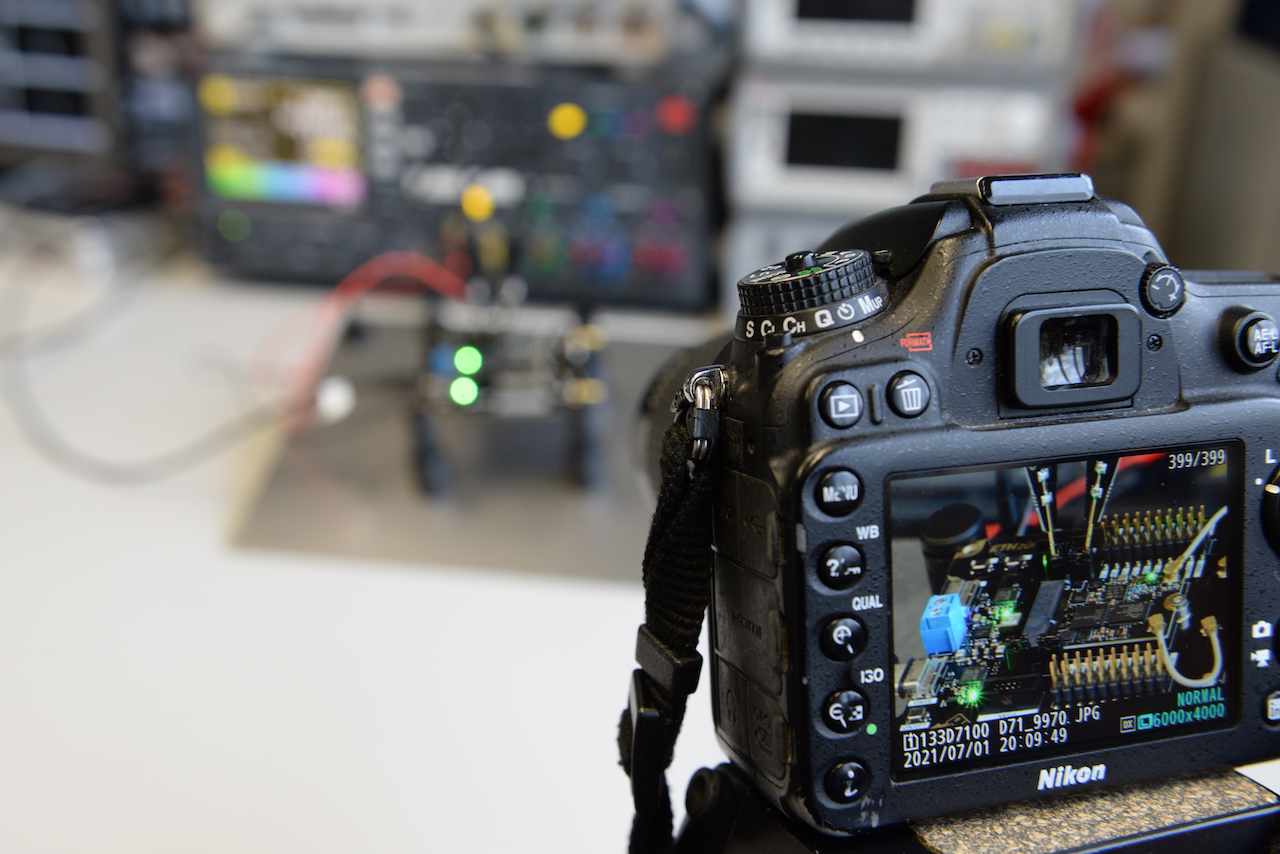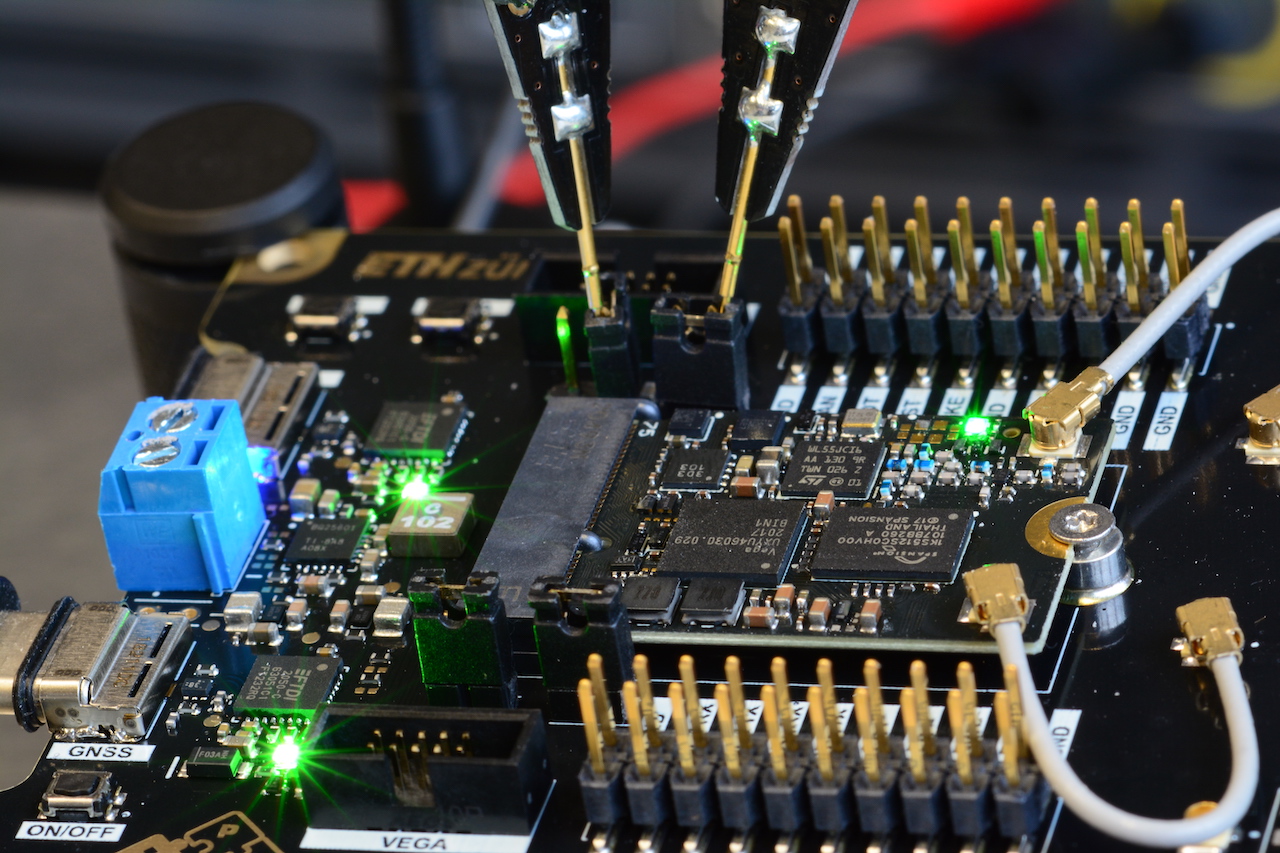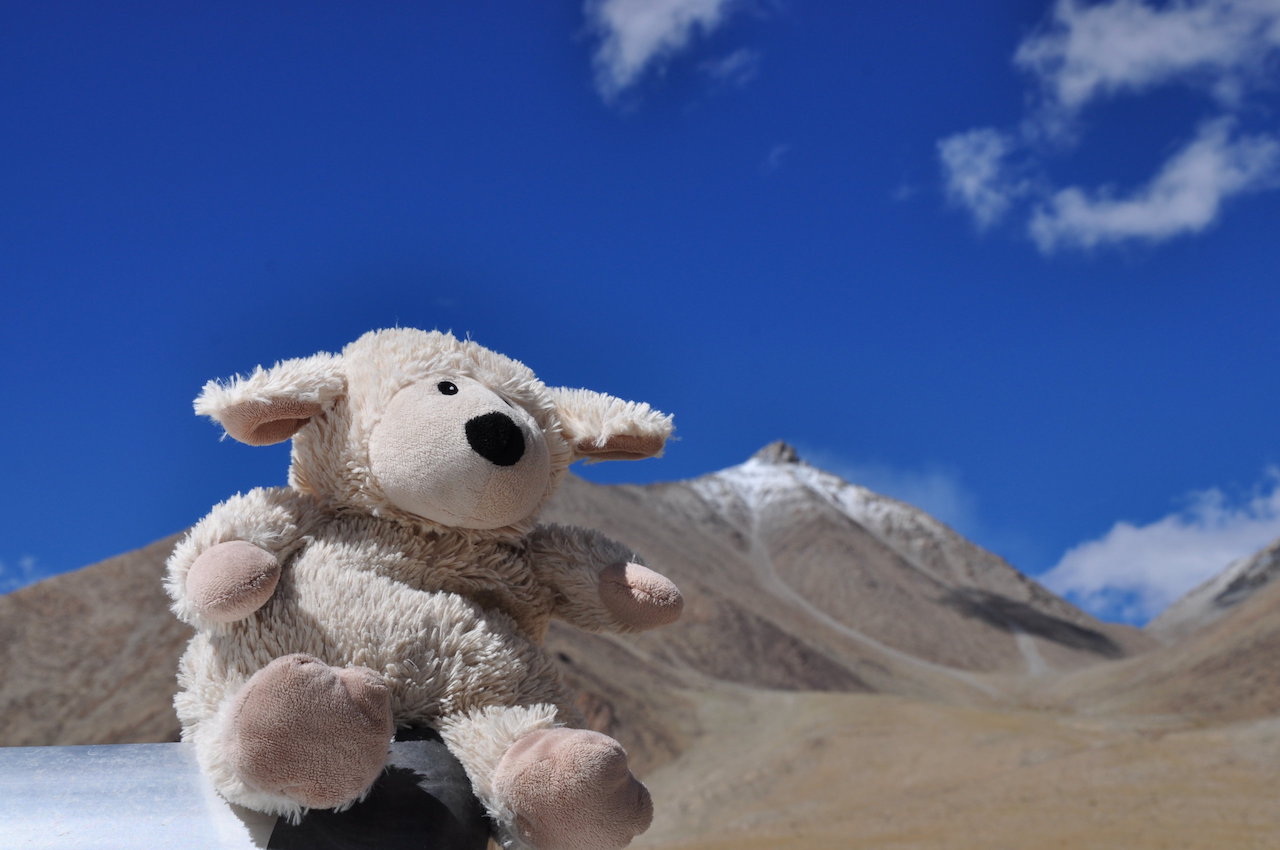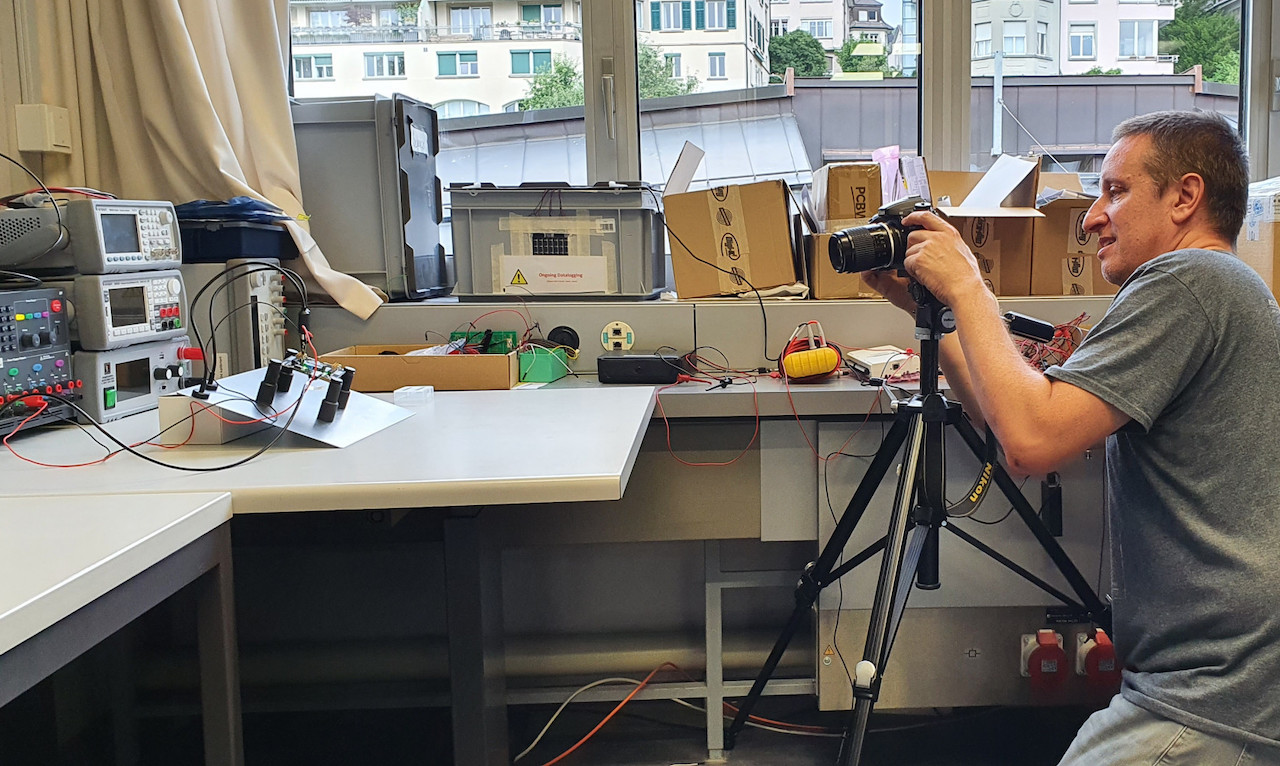Tripod: Difference between revisions
(Created page with "{{photonavbar}} <div class="jumbotron"> ==When you need a bit of stability== If you need a longer exposure you need to hold your camera and subject still. Tripod helps wi...") |
No edit summary |
||
| Line 64: | Line 64: | ||
* For most cases, you will not need a tripod when you photographs outside. Modern cameras have such high [[ISO]] quality that you can easily compensate for [[exposure]]. Of course there are exceptions: | * For most cases, you will not need a tripod when you photographs outside. Modern cameras have such high [[ISO]] quality that you can easily compensate for [[exposure]]. Of course there are exceptions: | ||
** when you want to be in the frame as well | ** when you want to be in the frame as well | ||
** when you work on [[long exposure]] | ** when you work on [[long exposure shot]]s that blur things. | ||
* Tripods are quite heavy to carry around. | * Tripods are quite heavy to carry around. | ||
* Smaller/lighter solutions can be a bit problematic, if you are outdoors, wind is an issue, a ''flimsy'' tripod may work very well inside, but when you try to take pictures at the top of a mountain it may not hold your camera as stable as you want. | * Smaller/lighter solutions can be a bit problematic, if you are outdoors, wind is an issue, a ''flimsy'' tripod may work very well inside, but when you try to take pictures at the top of a mountain it may not hold your camera as stable as you want. | ||
Latest revision as of 12:59, 9 January 2022
When you need a bit of stability
If you need a longer exposure you need to hold your camera and subject still. Tripod helps with the former.
A tripod is a very convenient way of providing stable support for your camera. Most of them can be adjusted to keep your camera pointed at where you want.
Macro shots are usually done with a tripod. As you need:
- a smaller aperture to make sure that you see more of the subject, the aperture (for a given ISO) will dictate a long exposure time
- at such smaller distances any small movement to the camera will create more issues both with focus and sharpness
And you can get away with these as most of the time the subject will be very static, so as long as you can keep the camera stable, you can afford to have a long exposure.
Note that in the shot above, the subject (on the tilted plane) is about a meter away. That is not really macro distance, but I was taking a number of different pictures some of which were in fact in the macro range.
 Here is how it looks from the camera and
Here is how it looks from the camera and
 The final result. Notice the sunstars around the LEDs that should already tip you off that the aperture is really small for this shot.
The final result. Notice the sunstars around the LEDs that should already tip you off that the aperture is really small for this shot.
I usually do not carry a tripod when I am travelling (I use one at work for macro shots quite a lot). As tripods are quite heavy you may want to think of some alternatives.
Monopods
Instead of three legs, you can also just have one leg, which is much lighter. These are used a lot by sports photographers, who appreciate that you can lean the heavy lens on something that can hold the weight but can be very easily moved around and adjusted.
The downside is that, a monopod requires you to stand there and take the picture. So you still need to be still (not as stable as a tripod) and you can not leave the camera and be inside the frame for example.
Beanbags
 Beanbag toys, like Muca pictured above can be used to give some support for your camera. The beanbag will sort of hold its position and allow you to point your camera (in a limited way) for the most part. They also dampen a bit the vibrations so if you are trying to shoot looking out of a car window that is moving for example placing the beanbag between the window frame and the camera helps a bit.
Beanbag toys, like Muca pictured above can be used to give some support for your camera. The beanbag will sort of hold its position and allow you to point your camera (in a limited way) for the most part. They also dampen a bit the vibrations so if you are trying to shoot looking out of a car window that is moving for example placing the beanbag between the window frame and the camera helps a bit.
The best part is that, when you are not using it as a support, they also make great subjects.
The environment
There are plenty of opportunities to place your camera on the ground, on a ledge and the tilt of the camera can be helped by a small stone or a t-shirt.
This of course means putting your expensive equipment in harms way, your equipment can get scratched or even fall, so you are being cheap and lazy and there are some risks.
- For most cases, you will not need a tripod when you photographs outside. Modern cameras have such high ISO quality that you can easily compensate for exposure. Of course there are exceptions:
- when you want to be in the frame as well
- when you work on long exposure shots that blur things.
- Tripods are quite heavy to carry around.
- Smaller/lighter solutions can be a bit problematic, if you are outdoors, wind is an issue, a flimsy tripod may work very well inside, but when you try to take pictures at the top of a mountain it may not hold your camera as stable as you want.
- Especially when you want to be in the frame, you want the camera a bit higher off the ground. So smaller spider like solutions work well indoors, but can be problematic outdoors, especially in nature
- Most museums will not let you use tripods. I am not sure why actually, either they think pictures with tripods can be used professionally or more likely they do not want to impede people that want to visit.
These pages are for Amateur Photographers and not really for seasoned photographers and professionals. I have no affiliation or commercial interest with any brand/make. I write from my own experience. I ended up using mainly Nikon, so I am more familiar with this brand than others. See price for notes on pricing as well as photography related links.
